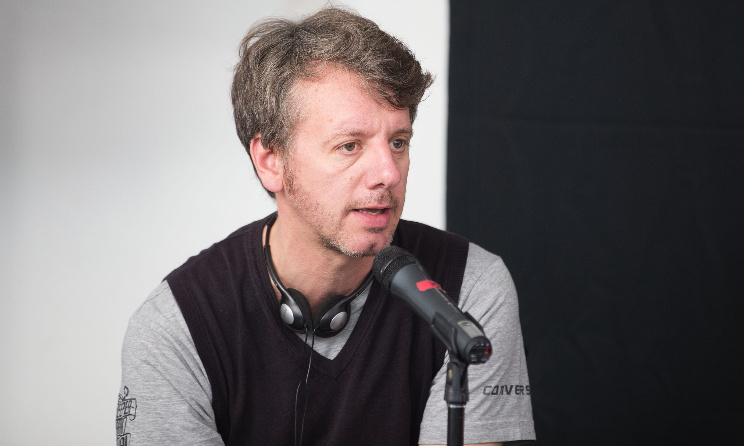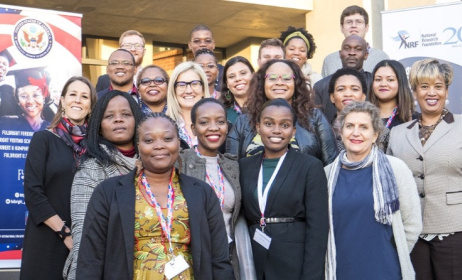What you need to do to get booked abroad
It’s the ambition of most, if not all, performing artists to go global and reach a worldwide audience. For most, however, this dream remains unattainable, often due to lack of knowledge. There’s also a certain amount of self-belief and hard work involved if you want to be noticed among the rest.
 Reeperbahn Festival conference director Detlef Schwarte.
Reeperbahn Festival conference director Detlef Schwarte.
To gain a better understanding about how artists can expose themselves to a worldwide audience and get booked overseas, Music In Africa spoke to Reeperbahn Festival conference director Detlef Schwarte who was at this year’s ONGEA! Summit.
Reeperbahn Festival is a celebration of the arts held in the German city of Hamburg every September. As part of its programme – music performances, workshops, film screenings and theatre productions at about 90 venues in Hamburg’s St Pauli quarter – Reeperbahn's industry conference brings together thought leaders and pioneers working in the entertainment industry to discuss the arts and the business trends behind them.
Groundwork
It’s difficult for an artist who’s never left their home country to make it globally. Although one must begin at home and build a solid fan base, the next step is to venture out. The bottom line for every festival is ticket sales, and a festival will book those artists who are most likely to drive up sales. For this reason, relatively unknown artists stand less of chance to be booked for international festivals compared to their more popular counterparts.
Reeperbahn festival attracts 40 000 visitors and 4 700 professionals from 56 countries annually. It host 450 bands that are picked through a strict casting/screening process.
“It’s very disappointing to participate in a festival where no one knows you – you will be lost. Unless you have done a tour there, or launched your album in that country, it’s very hard to have a successful performance,” Schwarte says.
Drawing on this, it would be important for artists to market their music in a certain country before embarking on a tour there. This would mean targeting a country online, getting in touch with online distributors and monitoring whether there is interest in the music. If there’s hope, planning a tour can begin.
Teamwork
It takes teamwork to make a dream work. Going global requires a number of professionals to work together with the artist. They could include a tour manager, local promoter, agents and publicity people who can create hype in the target country. It is also critical for an artist’s management, which is often the musicians themselves, to grow their network and research the market they want to enter. And all this must be done professionally.
“A band must be export-ready for us to book it,” Schwarte says. “No matter which country you come from, we won’t book you if you don’t exhibit the level of professionalism we're looking for. If you are just making music for your fans, then do it at home. But if you want to make it a business, then you must do a little more.”
Find the right booker
Every booker searches for a specific flavour that corresponds to the type of festival they are working for. Aligning a band to the relevant booker is critical for acts that want to be booked abroad. A jazz band, for example, needs to become known to bookers who deal with jazz festivals and events. Bands that play hip hop, gospel or world music need to do the same.
“Reeperbahn is for mainstream popular music that’s popular in central Europe,” Schwarte said. “There are many great bands that don’t get booked simply because they are not a good fit.”
Quality performance
A booker pays for the experience that he/she hopes festivalgoers will get when they buy tickets. For this reason, bookers are incredibly sensitive about the quality of a band’s performance. A key element is the ability to connect with an audience, even if the members of the audience are hearing the music for the first time. An innovative, well-arranged set that is contextualised for the target audience is always a winning combination, Schwarte said.
Untapped potential
There are many opportunities for African acts in the global market, yet many international entertainment professionals don’t know about the hidden treasures on the continent. Having visited Kenya and interacted with several industry players in the East African region, Schwarte is very optimistic.
“As I return, I am taking a message of discovery to the professionals back home. I have learnt that there is an industry in Africa. Though it is still finding its self, there are many opportunities here,” Schwarte said.



































Comments